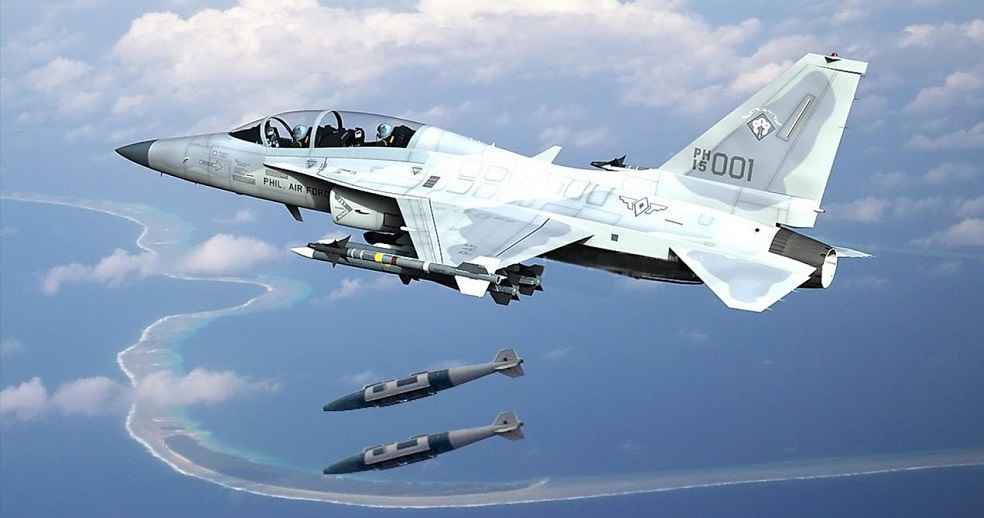A major change in defense relations between the United States and Australia is about to happen, as the AUKUS alliance—which includes Australia, the United Kingdom, and the United States—has announced the removal of strict export controls, dramatically altering the landscape of military technology sharing among these key allies.
Starting September 1, the exchange of American defense technology with Australia will bypass the traditionally restrictive US International Trafficking in Arms Regulations (ITAR). This move enables over 70 percent of US defense exports to Australia to proceed without the need for licenses, while 80 percent of exports subjected to further regulations will also benefit from the eased restrictions. The Albanese government anticipates that this streamlining will unlock significant investment opportunities, cutting away layers of bureaucracy that have previously stymied rapid defense cooperation.

Projected to eliminate 900 export permits annually, the new arrangement facilitates $5 billion worth of goods moving between Australia, the US, and the UK. Additionally, the elimination of 200 permits will impact defense exports from the UK to Australia, affecting trade valued at over $129 million each year.
Defence Minister Richard Marles acknowledged the profound impact of these reforms, stating that the changes mark a generational leap in defense trade and collaboration. The reforms align with the strategic imperatives faced by the AUKUS partners, accelerating innovation and cooperation on an unprecedented scale.

Earlier this year, Australia’s parliamentary approval of the Defence Trade Controls Amendment Act granted national exemptions to the UK and the US, synchronizing with similar regulatory shifts in these nations. With 25 countries already on the Foreign Country List—exempting them from specific offenses under the Defence Trade Controls regime—Australia is poised to expand this list, potentially including India, South Korea, Latvia, Lithuania, Estonia, and Argentina.
Concerns linger among critics who argue that Australia risks deeper entanglement with the US export system, potentially sidelining domestically developed systems like the Ghost Bat, which remains free from American restrictions.
BUSINESS GENERAL | Indonesia’s Food Barn Dream Faces Doubts, Experts Urge Strategic Shift



